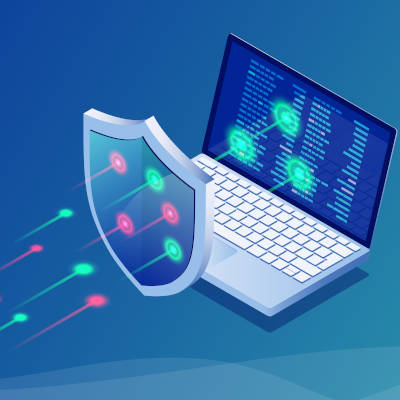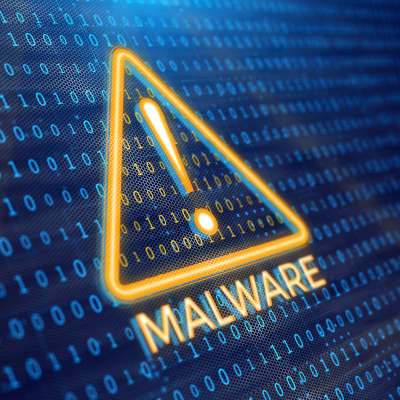When it comes to cybersecurity, your employees are simultaneously your biggest benefit and your most glaring weakness. This can be outlined in the telling of one story that emerged from automaker Tesla. Let’s take a look at the particulars.
Google Chrome is currently used by 69 percent of global desktop Internet users, as of July of 2020. With such a large amount of people using Chrome, its security becomes even more important… which makes it all the worse that many people are unaware of the permissions that some of its extensions claim.
Today’s business has to prioritize its data security. There are endless examples of businesses that haven’t done enough. Some aren’t around anymore. To help you build a strategy, we’ve put together four questions that need to be asked to give you a chance to outwit and overcome the endless threats your company could run into online.
To effectively manage the risk that your business is under due to cybercriminals and their activities, it is important to acknowledge what attacks your business may soon have to deal with. Due to the increased accessibility of artificial intelligence and related processes, we predict that cybercrimes will likely use AI to their advantage in the very near future.
With some motivation from the ongoing COVID-19 pandemic, many businesses are adjusting their approach to cybersecurity. Typically, businesses would take a more measured approach in their day-to-day security improvements, while swiftly acting if there was any kind of clear and present danger. While this proved effective, the current situation has now shifted priorities over to maintaining resilience. Let’s examine some of these shifts, and how an advantage can be gained through a consistent cybersecurity strategy.
Since the outbreak of the COVID-19 coronavirus has wreaked havoc across the globe, there has been a lot of hope and effort put towards developing a vaccine against it. Unfortunately, just as some experiments have produced promising results, hackers have begun targeting the research centers responsible. Let’s look at this situation to see what it can teach us.
Smartphones now come with a variety of ways that users can elect to unlock their device, from biometrics to tactile patterns to good, relatively old-fashioned personal identification numbers. Of course, not all these authentication measures secure your phone equally well. Let’s consider some of these measures to determine which one is best for your device’s security.
Google and Apple have recently started an initiative with local governments to try and help prevent the increased spread of COVID-19. Basically, this app would notify people if there were positive COVID-19 test results in their area. While this does bring up some major privacy concerns, we wanted to discuss something else today: the prevalence of false warnings that have already been forced onto mobile devices. Let’s dig in.
It has long been assumed that computer viruses are a Windows operating system exclusive, that Macs are immune from these issues. Let’s examine the validity of these assumptions, and how much you need to be invested in your technology’s protections.
In 2020, conducting business has been hard enough to have to constantly worry that your business is going to be the victim of a cyberattack. Unfortunately, it is an issue that isn’t going away, and can be a truly devastating experience.









